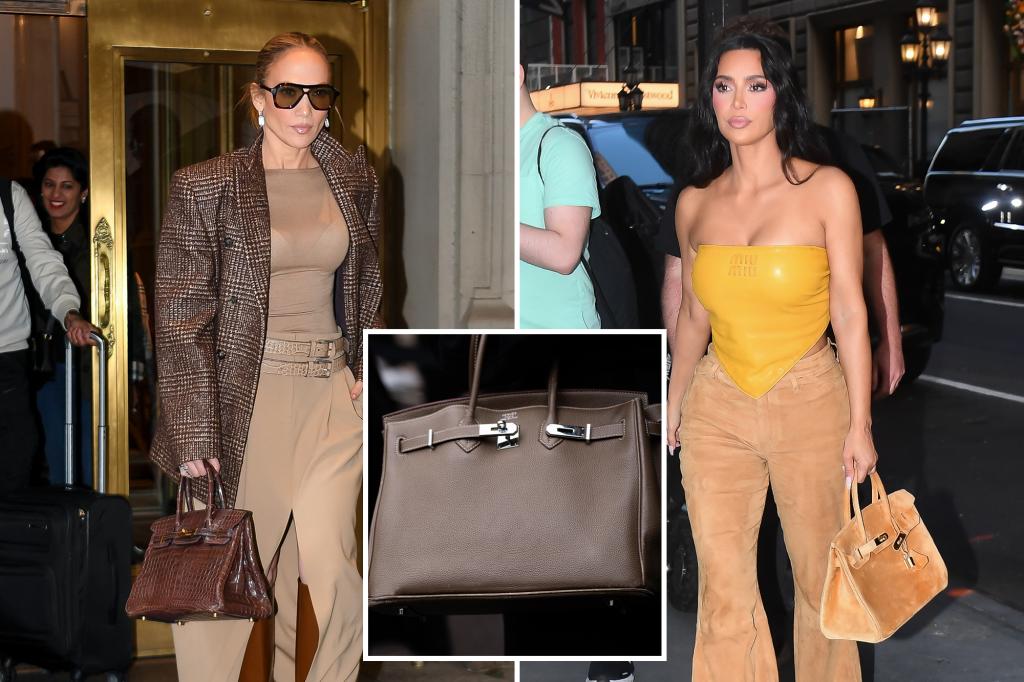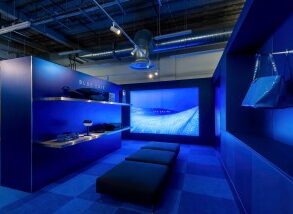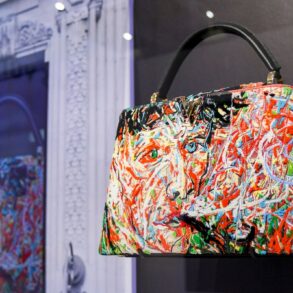
Sales of Hermès luxury purses that can go for upwards of $25,000 jumped by more than 11% in the most recent quarter — the latest evidence that well-heeled shoppers can’t get enough of its pricey accessories.
The French-based maker of the ultra-exclusive “King of Bags” — the Birkin, a favorite of celebrities like Jennifer Lopez and Kim Kardashian — reported $3.99 billion in revenue for the three months that ended in late September.
That’s despite a sector-wide slowdown has slammed luxury labels industrywide, including Louis Vuitton parent LVMH, headed by billionaire Bernard Arnault, and Gucci parent Kering.
Tight inventory management and production control over Hermès’ classic designs, which also include popular purses like the Kelly and Constance, have helped reinforce the label’s aura of exclusivity and made the company among the most consistent and profitable in the industry.
Hermès shares have risen nearly 9% since the start of the year, with LVMH down nearly 15%, Moncler down 3.3% and Kering, which is working to turn around Gucci, down 40%.
Last week, LVMH fell short of analyst estimates and flagged a drop in Chinese consumer confidence to COVID-era lows, with a deterioration in demand for fashion over the quarter.
Kering warned its 2024 operating income would almost halve to its lowest in years as weak demand in China deepened the struggles of Gucci.
Hermès bags, meanwhile, are in such demand that shoppers in the US have sued the company because it allegedly forces buyers to spend thousands on other products before they are given the opportunity to get their hands on the much-sought-after, handmade Birkin bags.
Earlier this month, attorneys representing the French company asked a federal court in San Francisco to throw out a lawsuit which claims that Hermès only gives customers with “sufficient purchase history” a chance to buy Birkin bags.
The consumers contend Hermès is violating antitrust law by tying the purchase of other products to the ability to buy a Birkin bag. The amended lawsuit added false advertising and fraud claims.
Hermès and its sales staff “know that many of the people they induce to buy ancillary products will not in fact get a Birkin bag,” according to the lawsuit.
Hermès denied any wrongdoing, telling US District Judge James Donato that the claims are “far-fetched” and that the company faced intense market competition.
Donato, a former antitrust lawyer before he took the bench in 2014, was doubtful of the consumers’ claims at a hearing in September.
“Hermès can run its business any way it wants. If it chooses to make five Birkin bags a year and charge a million for them, it can do that,” Donato said.
He added: “The fact that a lot of your clients may not be able to get a Birkin bag is not a Hermès antitrust problem.”
Hermès’ alleged conduct could even bolster competition, the judge suggested, by prompting shoppers to buy a rival’s bag in order to avoid the need to purchase additional Hermes accessories.
“If Hermès is going to make you pay a fortune for their bag, they are leaving the ground open for every competitor to say, ‘Come on in and get our beautiful bag and you don’t have to buy $3,000 or $30,000 worth of belts,” Donato said.
With Post wires
This post was originally published on this site be sure to check out more of their content.








